Events 2024-25

Freedom, Democracy and Economic Performance in the 21th Century
25/11/2024
Tim Besley
+
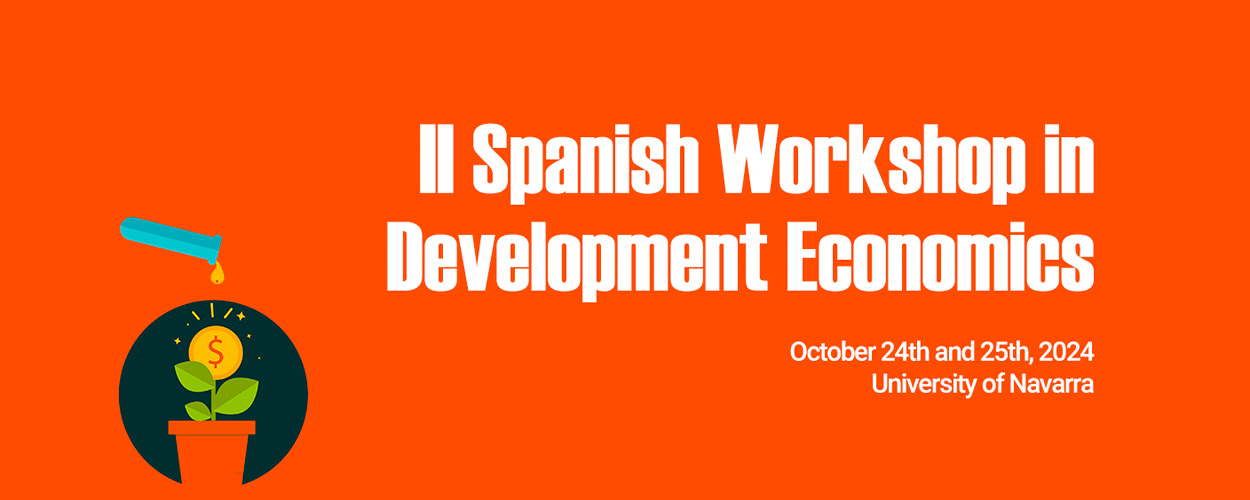
II Spanish Workshop in Development Economics
24/10/2024 al 25/10/2024
Enrique Seira & David Evans
+
“Generosity and Wealth: Experimental Evidence from Bogotá Stratification"
07-10-2024
Mariana Blanco (University of Turin)

Private Colonialism in Africa
02-10-2024
Elías Papaioannou (Professor of Economics, London Business School)
+
Events from previous courses

Causes and Consequences of Policy Uncertainty: Evidence from McGirt vs. Oklahoma
11-06-2024
Dominic Parker (Professor of Applied Economics at University of Wisconsin-Madison)
+

Externalities of Marijuana Legalization: Marijuana Use in Non-Legalizing Statesk
20-05-2024
Elaine M. Liu (Professor of Economics at University of Houston)
+
Do Homebuyers Value Energy Efficiency? Evidence From an Information Shock
26-04-2024
Brendon McConnell (Associate Professor in the Economics Department at University of London)

The End of Oil
25-04-2024
Ryan Kellogg (Professor at the University of Chicago Harris School of Public Policy) (Research Associate at the National Bureau for Economic Research)
+

If You Only Have a Hammer: Optimal Dynamic Prevention Policy
20-03-2024
Christopher Rauh (Faculty of Economics, University of Cambridge)
+
Immigration and Worker Responses Across Firms: Evidence from Administrative Records in Colombia
13-02-2024
Lukas Delgado-Prieto (Universidad Carlos III de Madrid)
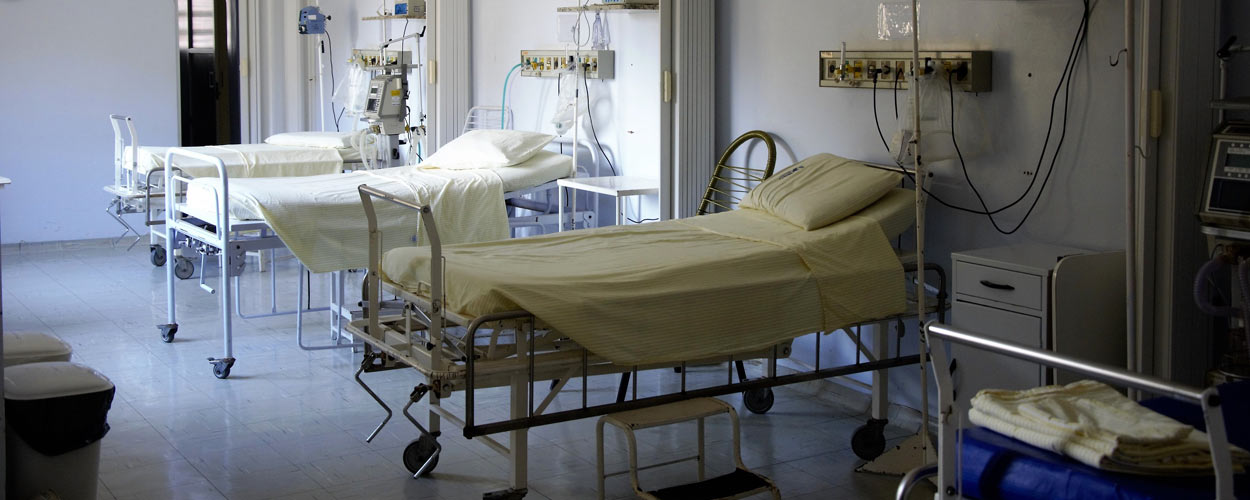
Cost-Sharing in Medical Care Can Increase Adult Mortality: Evidence from Colombia
12-02-2024
Marcos Vera-Hernandez (University College London)
+
Long-Run Effects of Land Redistribution: Evidence from India
07-02-2024
Kartikeya Batra (University of Maryland)

Incentives Justifying Nonconformity: Experimental Evidence from Motortaxi Organizations in Uganda
05-02-2024
Claude Raisaroa (Stockholm School of Economics)
+

Does Performance Evidence Motivate? A Field Experiment in Guinea-Bissau’s Health Sector
29-01-2024
Mattia Fracchia (Nova School of Business and Economics)
+
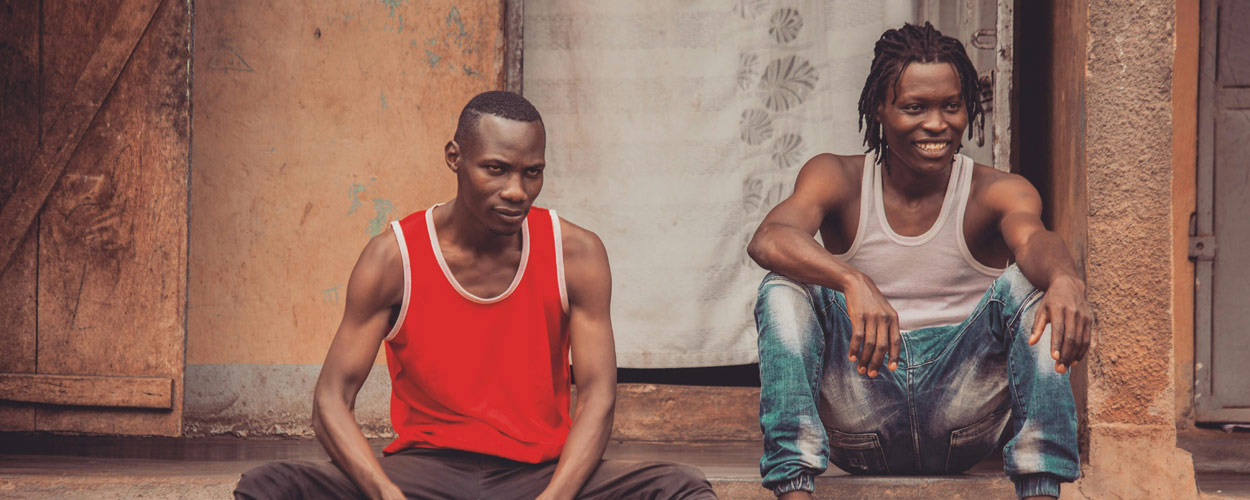
Information, expectations and preferences: occupational choices of young adults in Uganda
26-01-2024
Cristina Clerici (Stockholm School of Economics)
+

Accepting the unacceptable: Does intimate partner violence shape the tolerance of violence?
24-01-2024
Eugenia Frezza (Trinity College Dublin)
+
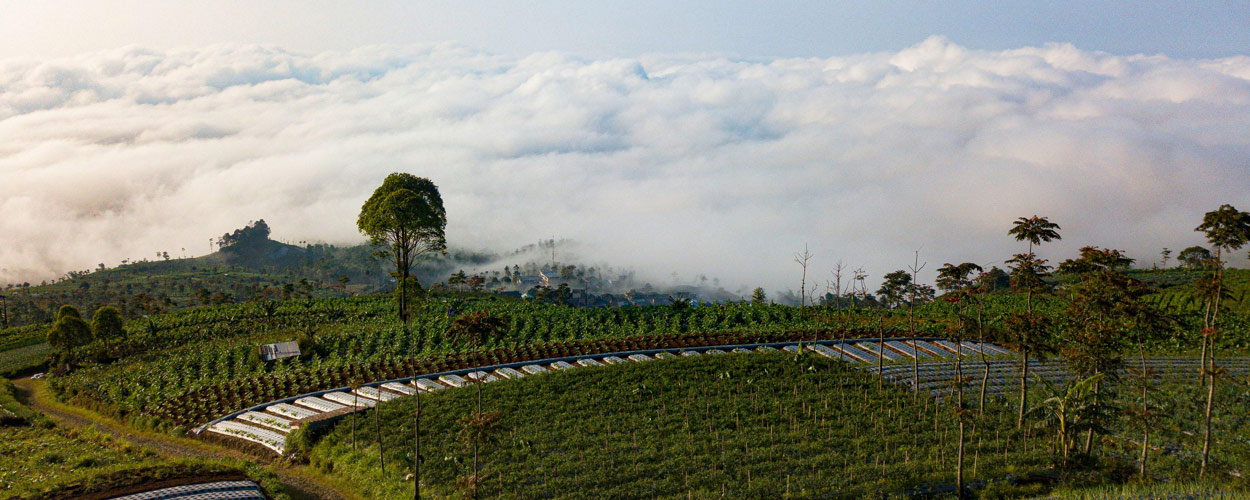
Throwing gasoline on the cocaine production: the effect of a supply shock on violence
22-01-2024
Monica Beeder (Norwegian School of Economics)
+

Hidden moral costs of control: Field evidence from performance appraisals in the public sector
13-11-2023
Marcela Ibanez (University of Göttingen)
+
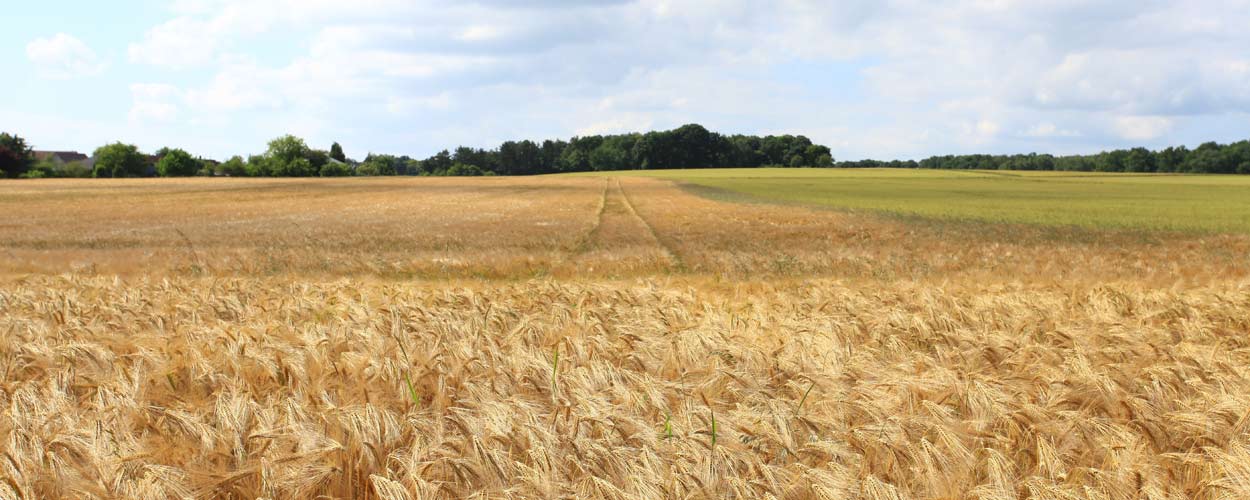
Changing Phenology: Evidence from Nigeria
5-10-2023
Ivan Kim Taveras (Bocconi University)
+

Mobile Internet and Political Polarization
4-9-2023
Nikita Melnikov (Universidade NOVA de Lisboa)
+

Fairness in times of crisis: Negative shocks, relative income, and preferences for redistribution
9-2-2023
Anna Hochleitner (University of Nottingham)
+

Nation-Building Through Military Service
31-1-2023
Juan Pedro Ronconi (Brown U)
+

Medicaid for middle-class families? Job loss and health insurance coverage of parents and children
30-1-2023
Mariana Zerpa (KU Leuven)
+

Legal uncertainty and its consequences: A natural language processing approach
27-1-2023
Maximiliano Sosa (Uppsala)
+

The Effect of a Conditional Cash Transfer on Child Marriage: Evidence from Mexico
25-1-2023
Dalila Bernardino (EUI)
+
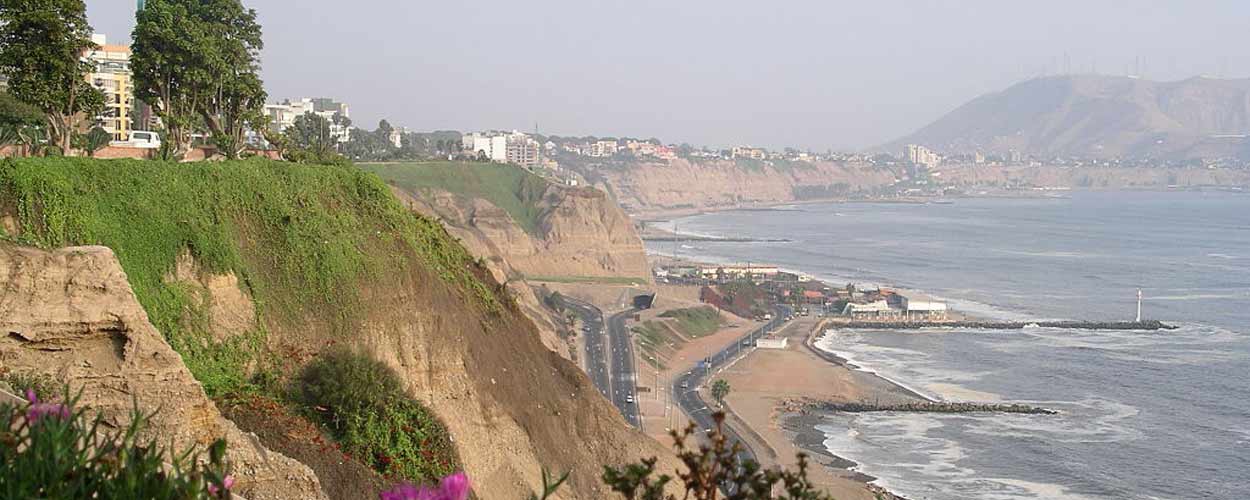
Labor Market Power, Self-employment, and Development
13-12-2022
Francesco Amodio (McGill University)
+

Comparative Advantage and Technology Diffusion: a Menu-based Approach to Dissemination
14-11-2022
Karen Macours (Paris School of Economics)
+

The Role of Meritocracy and Pay Progression in the Public Sector
10-10-2022
Gianmarco León-Ciliotta (Universidad Pompeu Fabra)
+
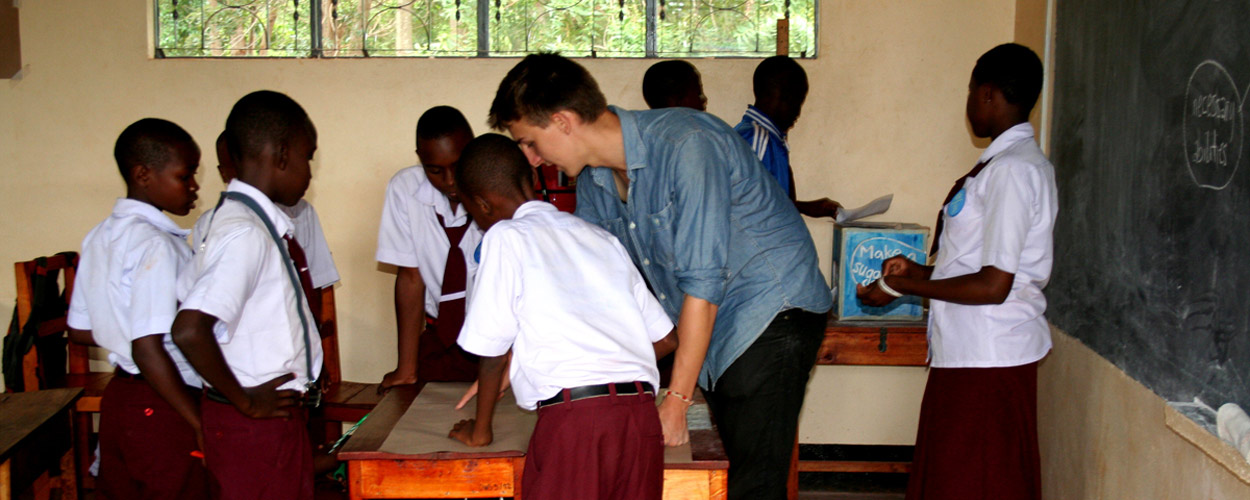
Secondary School Access Raises Primary School Achievement in Tanzania
12-9-2022
Wayne Sandholtz (Nova School of Business and Economics)
+

Stay, split or strike: theory and evidence on secessionist vs centrist conflict
13-6-2022
Sabine Flamand (Universitat Rovira i Virgili)
+
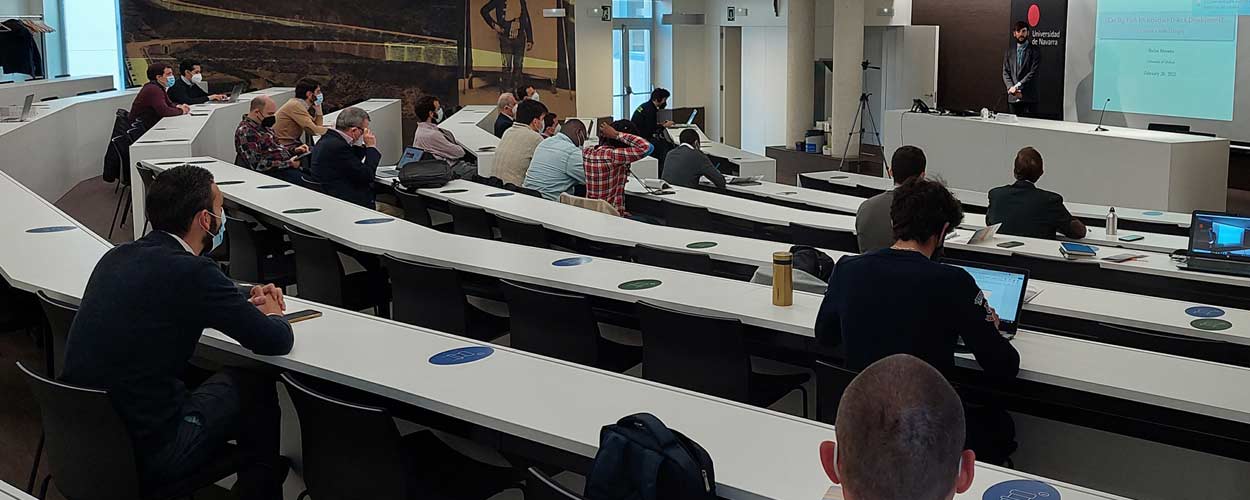
Who Watches the Watchmen? Local News and Police Behavior in the United States
9-5-2022
Nicola Mastrorocco (Trinity College)
+
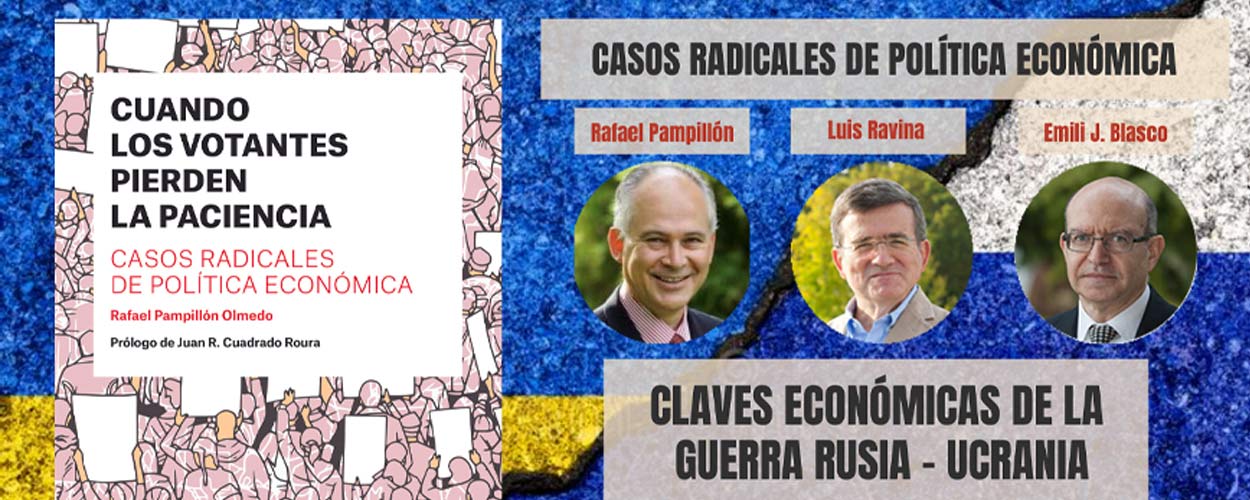
Claves económicas de la guerra Rusia - Ucrania
16-3-2022
Rafael Pampillón (IE Business School), Luis Ravina (Universidad de Navarra) y Emili J. Blasco (Universidad de Navarra)
+

Energy and Environmental Issues in Developing Countries
28-2-2022
Niclas Moneke, Jevgenijs Steinbuks, Jacopo Bonan, Carlo Andrea Bollino, Raúl Bajo-Buenestado, Paloma Grau, Luis Ravina
+
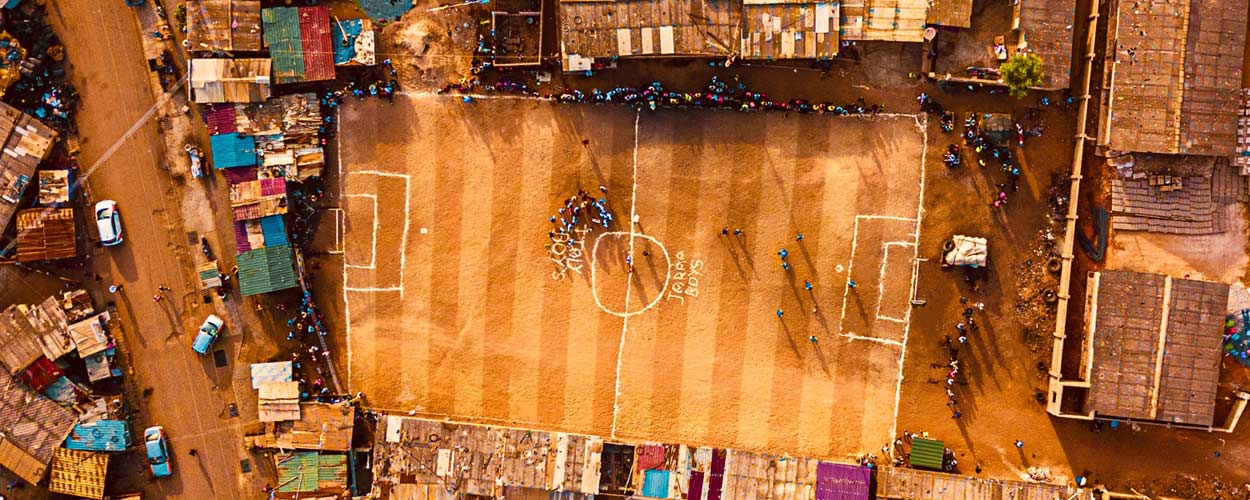
Urban deprivation: from Earth Observation to Urban Policies
10-12-2021
Monika Kuffer, Stefanos Georganos, Pere Roca, Anthony Boanada-Fuchs
+
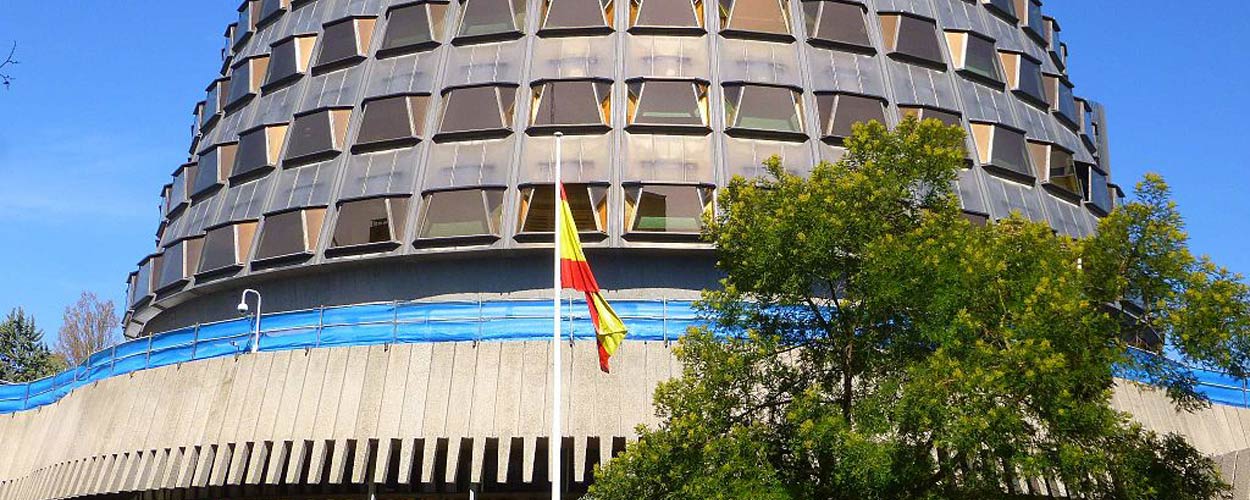
Checks and Balances and Nation Building
30-11-2021
Agustín Casas (CUNEF Universidad)
+
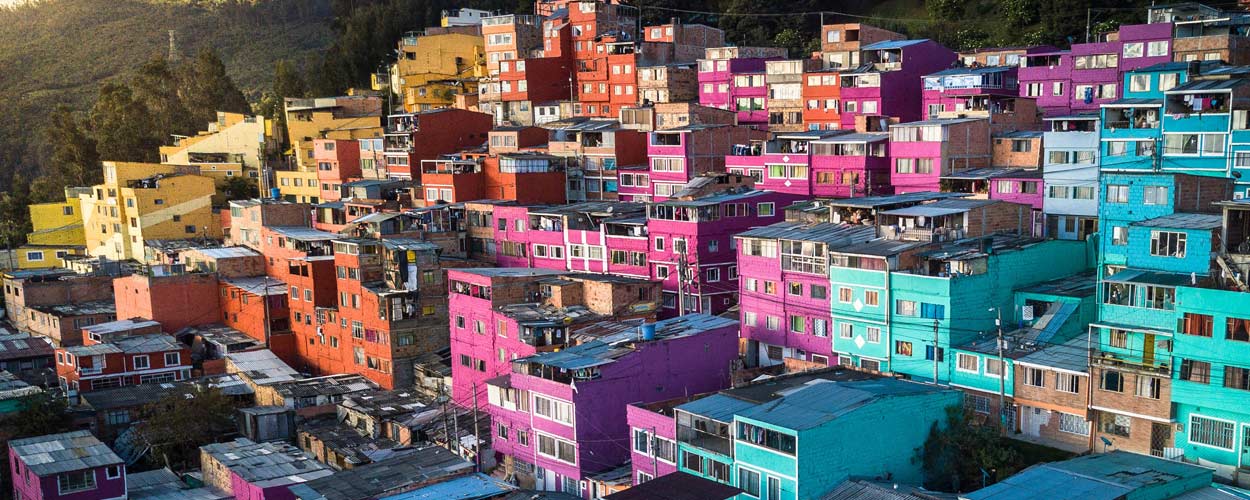
The trend-cycle connection
4-10-2021
Hernán Seoane (UC3M)
+

Educational Mobility Across Multiple Generations in Indonesia
13-9-2021
Jan Stuhler (UC3M)
+
NCID researcher selected in the World Bank's Young Professionals Program from among 6,000 applicants
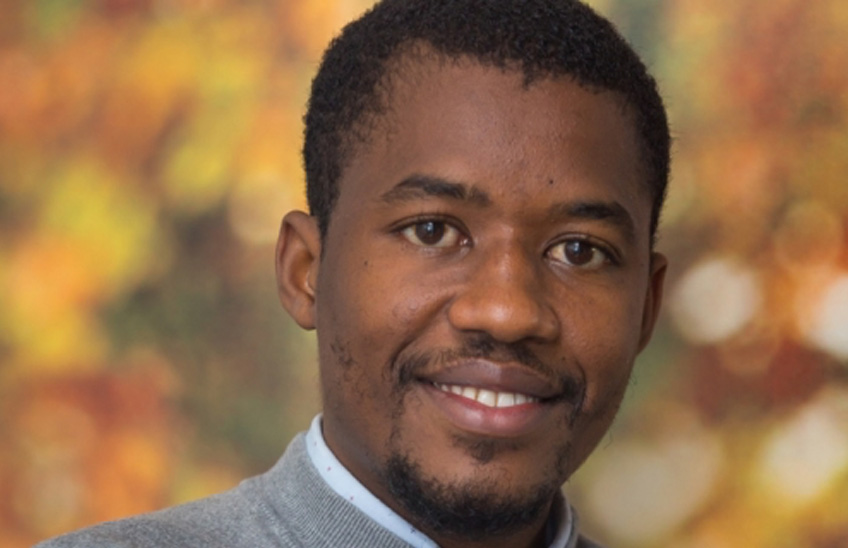
30 | 08 | 2022
Tijan Bah, Resident Fellow of the Navarra Center for International Development (NCID) at the University of Navarra, has been selected in the World Bank's Young Professionals Program to work at the Bank's headquarters in Washington for the next five years. This is a very competitive program that each year selects 50 candidates from all over the world. This year, 6,000 applicants applied.
Bah, a native of Gambia, holds a European PhD in Economics 'Erasmus Mundus' from the Nova School of Business and Economics at the University of Lisbon (Portugal) and the University of Paris 1 Pantheon-Sorbonne (France). He joined the Institute Culture and Society (ICS) -center to which NCID belongs- at the end of 2020.
He explains that his origin, training and experience at this center have been decisive. "Coming from sub-Saharan Africa, having done my PhD in Economics in Lisbon and Paris and having worked on development issues at the University of Navarra has contributed to the World Bank choosing me among so many candidates," he has assured.
Research on irregular migration from Africa
Within the World Bank, the young economist will work in the Gender and Human Development unit, where he will be able to continue with the research he has carried out at NCID on irregular migration from Africa. He wishes to continue working on high-impact development issues. "At the University of Navarra I have been able to continue with the projects I started in Lisbon and start new ones on the influence of cell phone applications on migrant remittances," he said.
The researcher has explained that his greatest motivation is to help people living in poor environments such as those he has met in his country of origin. "I hope to reach some position at the World Bank that will allow me to make decisions that will improve the lives of people anywhere in the world. I am privileged to have an academic career and now my dream is to help people living in poverty with my research," he concluded
